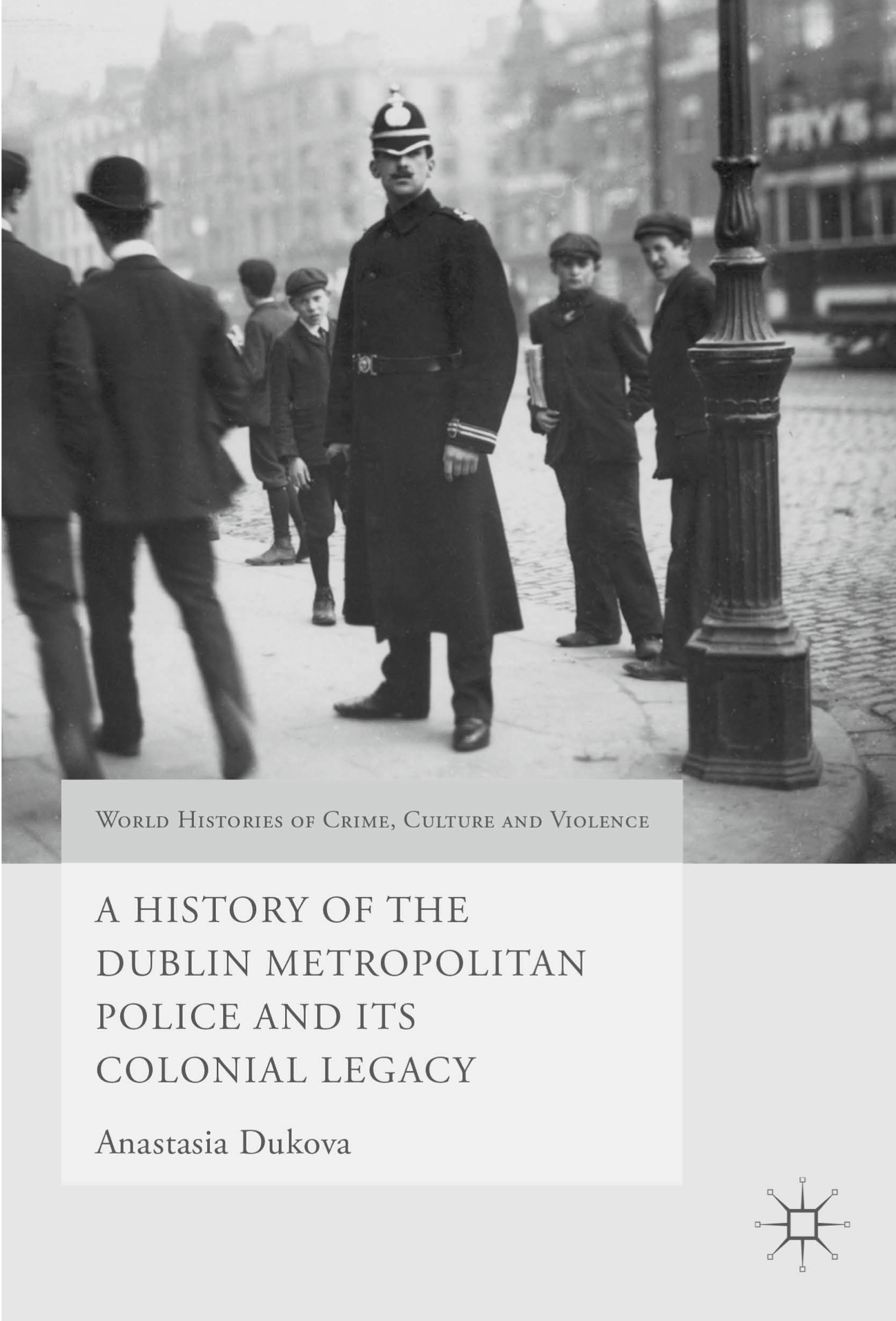A History of POLICING CITIES (CAMBRIDGE ELEMENTS, CAMBRIDGE UNIVERSITY PRESS, 2026)
A History of Policing Cities charts history of urban policing. Current policing practices directly continue from historical methods. City policing in the Global North emerged as a response to unrest and subsistence crises during the late stage of the Little Ice Age, namely across two capital cities, Dublin and later London. From the mid-1700s, poor harvests and food rioting precipitated a series of policing reforms in the Irish Parliament. In the 1800s, further weather fluxes and unrest, combined with shifts in interpretation of social obligation - all linked to increasing urban population and its mobility – led to a series of new police reforms in Great Britain, soon reaching its former and current dominions. The expanding urban centres from Ireland to Australia, and England to North America, shared founding principles, structures, regulations and personnel. Despite modernisation and innovations in operational policing, law enforcement continues to face similar challenges in an increasingly globalising world, partly due to persistent adherence to historical antecedents.
Queensland Police in the Great War (2024)
Queensland Police in the Great War offers new and detailed knowledge of Queensland wartime policemen, their biographical and service histories; and in a select extended biographies connects their domestic and overseas policing experiences.
It is a comprehensive reference source of Queensland police personnel who enlisted to fight in the First World War between 1914 and 1918. Many of them returned from the front and resumed their duties with the Queensland Police; they went on to have long careers, in some cases their children carrying on their policing legacy.
Early Australian policing had its roots on the streets of Dublin and London, where many of Australia’s first law and order enforcers hailed from.
Intrigued by this connection, historian Anastasia Dukova has researched and recreated the lives of colonial police officers and criminals in her adopted home city of Brisbane. Through exploring their personal stories, Dukova highlights how biography and history are inextricably linked and reveals the differences between metropolitan aspirations and colonial reality. To Preserve and Protect exposes political power abuse, corruption, mismanagement, professional burnout and gendered justice, issues which continue to challenge police forces.
The book illuminates the neglected history of the Dublin Metropolitan Police – a history that has been long overshadowed by existing historiography, which has traditionally been preoccupied with the more radical aspects of Irish history. It explores the origins of the institution and highlights the Dublin Metropolitan Police’s profound influence on the colonial forces, as its legacy reached some of the furthest outposts of the British Empire, including Brisbane, Queensland and Toronto, Upper Canada. In doing so Anastasia Dukova provides much needed nuance and complexity to our understanding of Ireland as a whole, and Dublin in particular, demonstrating that it was far more than a lawless place ravaged by political and sectarian violence. Simultaneously, the book tells the story of the bobby on the beat, the policeman who made the organisation; his work and day, the conditions of service and how they affected or bettered his lot at home and abroad.




